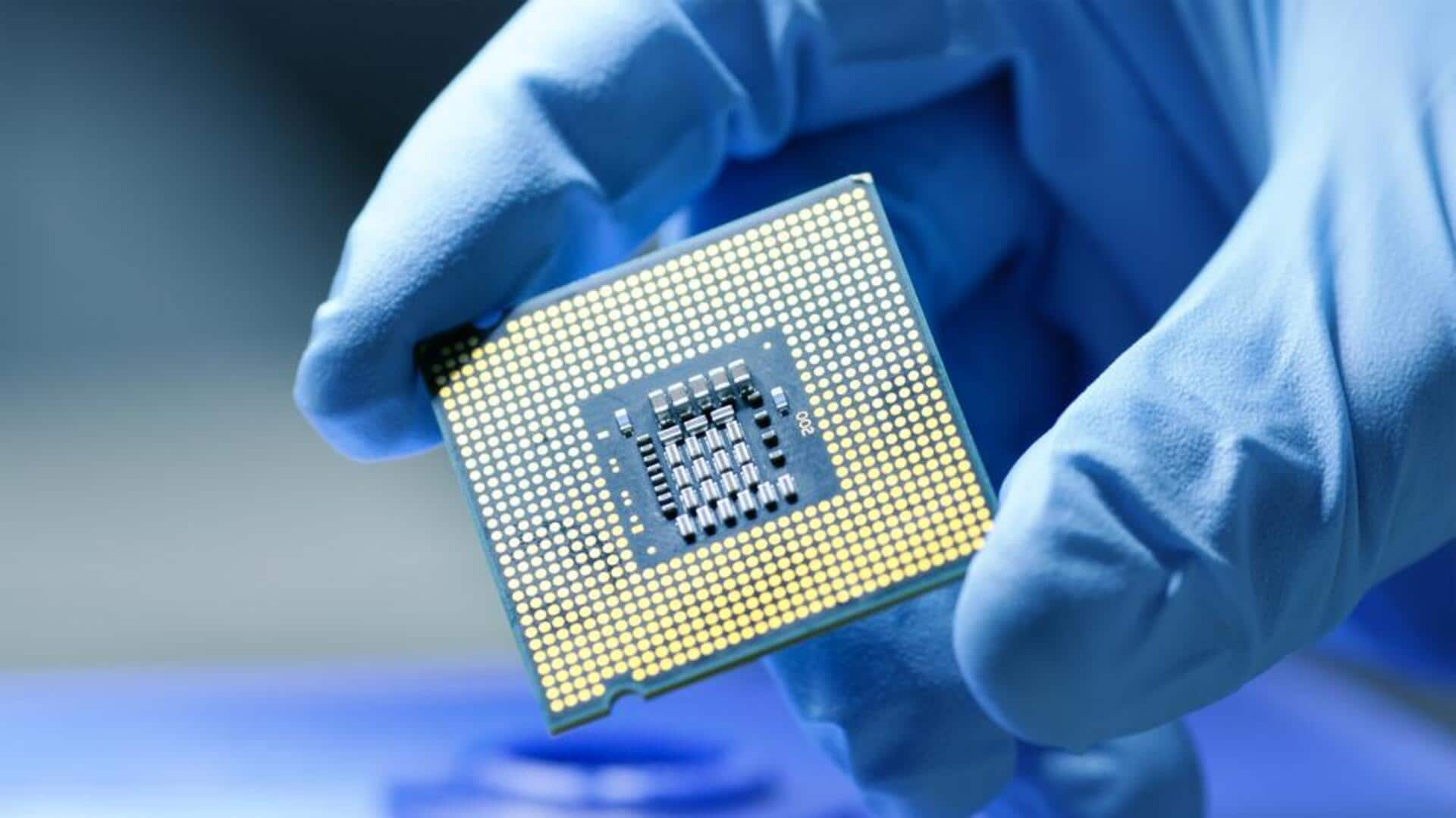
India's semiconductor market set to hit $100B by 2030
What's the story
India's semiconductor market is projected to grow more than two-fold, reaching a whopping $100-110 billion (around ₹9.6 lakh crore) by 2030, according to industry estimates. The growth trajectory from $38 billion in 2023 to an estimated $45-50 billion in 2024-2025 highlights the country's potential in this critical industry. This emphasizes the importance of semiconductors and the government's efforts to position India as a trusted partner in global supply chains.
Global impact
Current global semiconductor landscape
Taiwan, South Korea, Japan, China, and the US currently dominate the semiconductor industry. Taiwan makes over 60% of global semiconductors, including almost 90% of the most advanced chips. Such dependence on a single region has exposed global supply chains to significant risks from pandemics and geopolitical tensions. In response to these challenges, countries are now building secure and diversified supply chains. The US, EU, Japan, and South Korea have launched national strategies to support domestic chip manufacturing.
Strategic position
India's role in the global semiconductor supply chain
India is emerging as a key player in the global shift toward secure and diversified supply chains. The country's semiconductor market is expected to occupy a significant portion of the projected $1 trillion global market by 2030. India has the potential to contribute significantly to three major pillars of the semiconductor manufacturing supply chain: equipment, materials/services, and research & development (R&D).
Support measures
India Semiconductor Mission (ISM)
The Indian government has launched the India Semiconductor Mission (ISM) with an outlay of ₹76,000 crore to provide financial support for investments in semiconductor fabrication, display manufacturing, and chip design. Industry players such as Micron Technology, Tata Electronics (TEPL), CG Power & Industrial Pvt Ltd., and others have committed over ₹1.55 lakh crore to produce semiconductors in India under this mission.
Incentive scheme
Chip design provision under ISM
Under the ISM, a ₹1,000 crore provision has been made for the Design Linked Incentive for chip design. The government has committed ₹234 crore in financial support to eligible start-ups under this scheme. There are some 22 companies with a total project cost of ₹690 crore. The chips will be used in various applications, including CCTV cameras, mobile networks, satellites, cars, and smart devices.